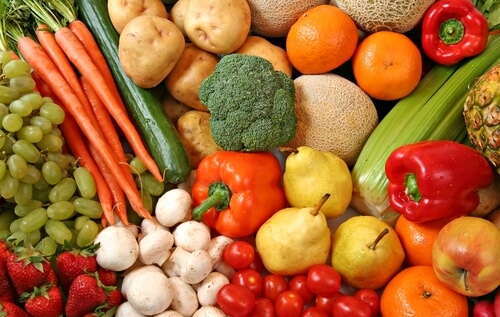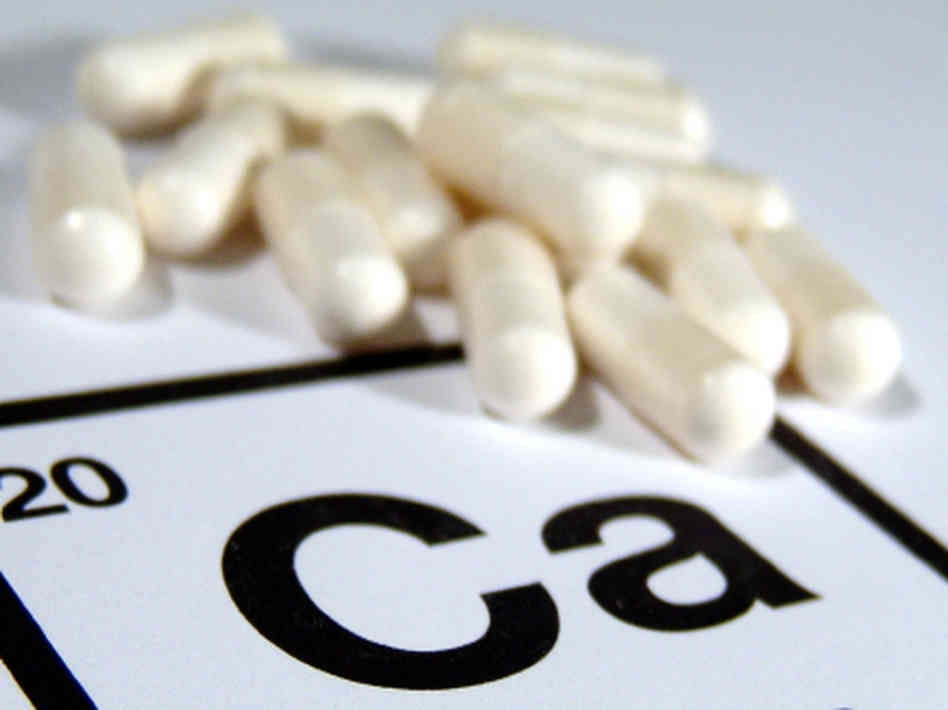Is your organic food as healthy as you think?

Most people consider organic food to be the gold standard when it comes to healthy eating. After all, the word “organic” is synonymous with chemical, additive, and toxin-free food, right? Unfortunately for you, you may just find that organic food isn’t quite as healthy as you believe it to be!
Carrageenan in Your Organic Products
Carrageenan is a product that MANY organic food products contain, which is surprising considering that it is a known carcinogen. The ingredient is actually quite innocuous when you first look at it, as it’s made from seaweed, which is natural, right?
Carrageenan comes from a few types of seaweed, and it is used in food products to act as a stabilizer. What does that mean? Basically, it means it helps to thicken products like yoghurt, ice cream, and cream, preventing them from reverting to their original liquid form. You’ll find the seaweed in a lot of organic products, including:
- Soy milk
- Cottage cheese
- Ice cream
- Yoghurt
- Beer
- Pates
- Processed meats
- Condensed milk
- Diet sodas
- and many more…
Not only is this chemical used in food, but it’s also used in a wide variety of other products you use at home. You’ll find it in:
- Gels
- Shampoos
- Lubricant
- Shoe polish
- Toothpaste
- Cosmetic creams
- and more…
So if this ingredient is allowed to be used in organic food–not to mention all these other products–it should be pretty safe, right?
Not so!
READ MORE: Is Organic Cotton Worth the Price?
According to a number of studies done on animals, carrageenan has been linked to the formation and growth of tumor cells. Not only can the ingredient cause cancer cells to spread more rapidly, but can even help to initiate the growth of the cells. That means using carrageenan can actually cause cancer cells to form where there were none before.

The reason that the ingredient can be harmful is due to the fact that it causes inflammation of cells. It thickens the cells of your food products, so it stands to reason that it would cause the same inflammation in your body’s cells. The ingredient binds to protein cells, which means that it’s still present when those proteins are digested in your intestines. It has therefore been linked to digestive health issues, as, when present in the intestines, carrageenan can cause intestinal ulcers and even new cancer cells to form.
Not only is this additive dangerous, but it adds no nutritional value to your organic food. While it does help to thicken the food and stabilize it, it won’t provide your body with useful nutrients–on the contrary, it increases your risk of cancer.
The whole point of eating organic is to avoid these toxins and carcinogens, so how are they still getting in our food? A number of experts, such as Dr. Andrew Weil, have been warning people against the consumption of carrageenan for years–as far back as 2002, in fact–but still few people listen, and still the ingredient is added to our food supply.
Studies dating as far back as the 1960s discovered the harmful effects of carrageenan, which include IBS, colon cancer, ulcers, colitis, and Crohn’s disease, among others. The ingredient has been used for decades, and few people know just how harmful it can be.
Does that mean you should stop eating organic products? Perhaps it’s worth considering. After all, regular yoghurt, ice cream, and dairy products don’t contain carrageenan, though there are other risks that come from eating non-organic. In some cases, there’s no win-win situation for anyone!









Regarding the safety of carrageenan, there has been an
amazing amount of misinformation being blogged about carrageenan being unsafe
as a food ingredient. In spite of this misinformation, carrageenan continues as
the safe food ingredient it has always been. If it were not, the principal
regulatory agencies of the world (US FDA, FAO/WHO JECFA, EU EFSA, and Japan
Ministry of Health) would not approve its use, and all of them give the
necessary approvals. The only application restricted as a precautionary measure
is stabilizing liquid infant formula and a definitive toxicology is about to be
published that is expected to remove this restriction.
Why all the concern about the safety of using carrageenan in foods? Starting in
the 1960s there have been research studies showing that if excessive doses of
carrageenan are consumed in animal trials inflammation can be induced in the
small intestine. Likewise, inappropriate methods of introducing the carrageenan
into the animals, i.e. in the animals’ only source of drinking water, have
induced an inflammatory response in the small intestine. However, there has
never been a validated inflammatory response in humans over the seventy plus
years carrageenan has been used in foods. The anecdotal “upset tummies”
reported in blogs as coming from consuming a food containing carrageenan are
hardly
reliable sources of information on the safety of carrageenan.
Inflammatory responses in animals only occur when carrageenan can cross the
blood membrane barrier of the small intestine. This only occurs when the
extreme feeding conditions mentioned above are employed. Normal feeding regimes
induce no such response.
Over the last decade a group of molecular biologists at the University of
Illinois at Chicago lead by Dr Joanne Tobacman have been exploring the in vitro
interaction of carrageenan with various genes and conclude that carrageenan can
cause inflammation in the gut via a binding mechanism involving TLR-4
receptors. This group also concluded that carrageenan degrades in the gut and
the degraded carrageenan can permeate the membrane barrier. Recent studies
refute both of these claims, and furthermore this recent research questions the
validity using in vitro studies to mimic the in vivo events in the GI tract
when a human consumes a food containing carrageenan.
The bottom line on the safety issue is that in spite of all the efforts to
downgrade or question the safety of carrageenan, particularly by bloggers,
carrageenan is a safe food ingredient in all of the major regulatory jurisdictions
of the world.